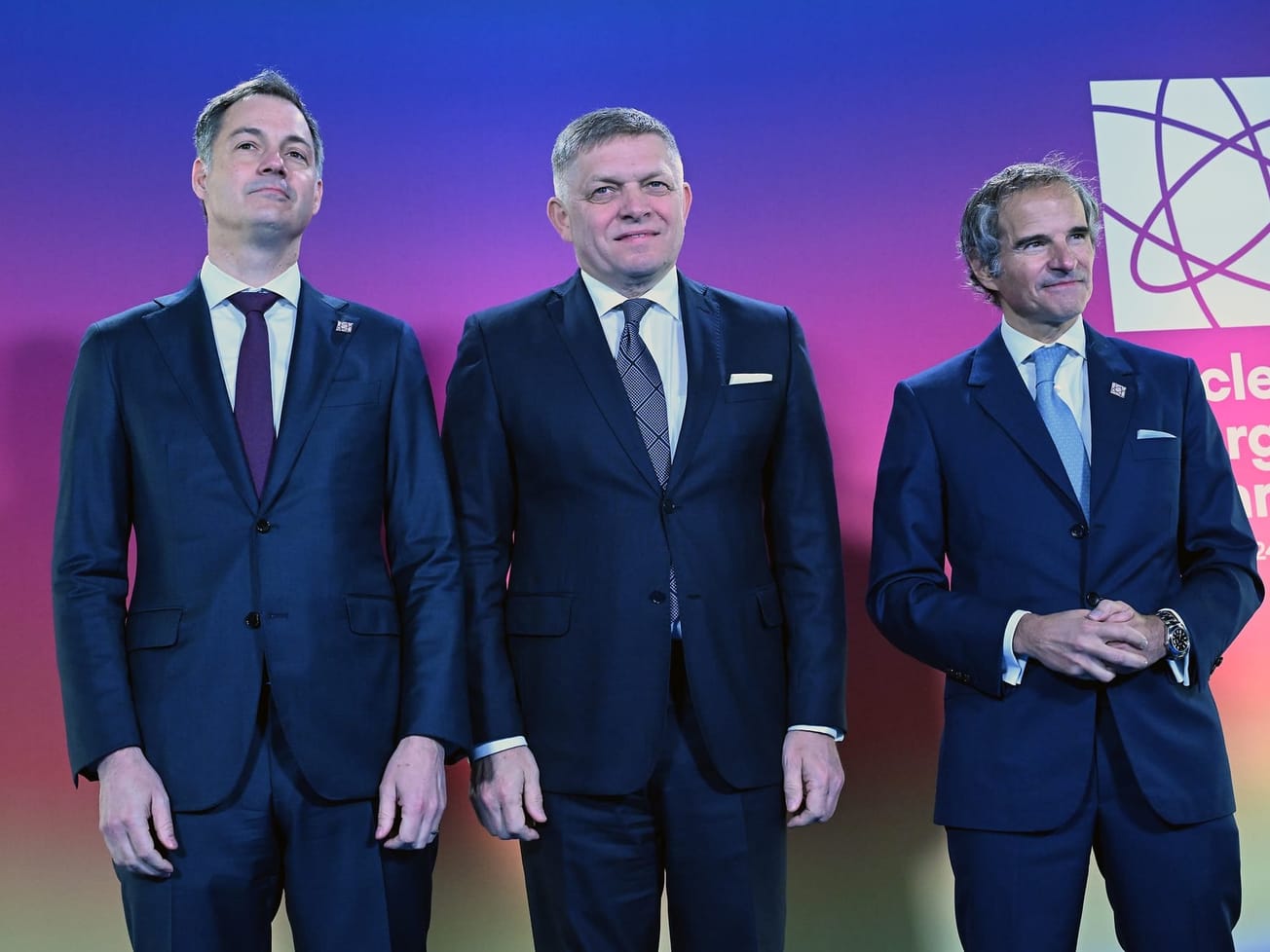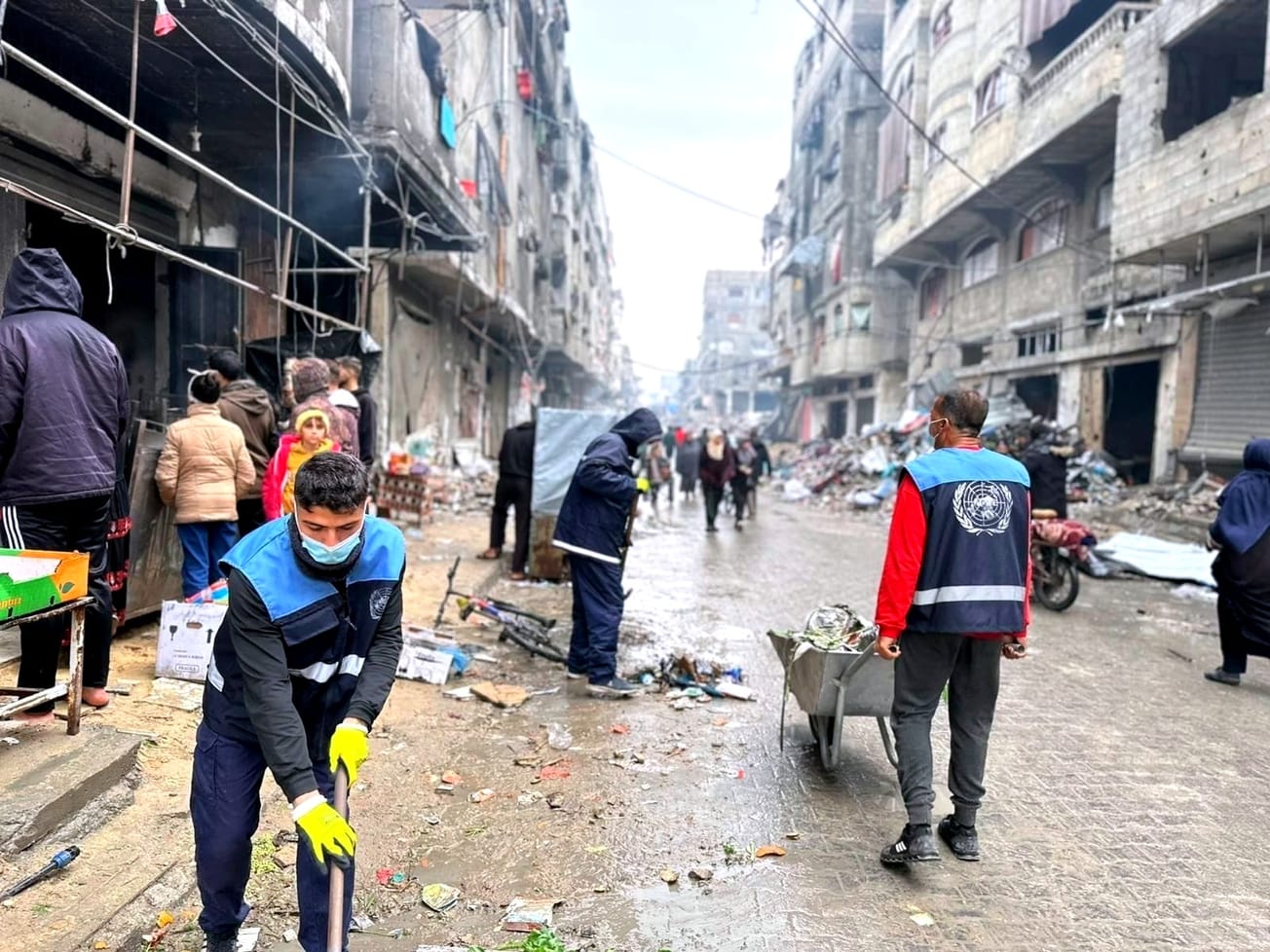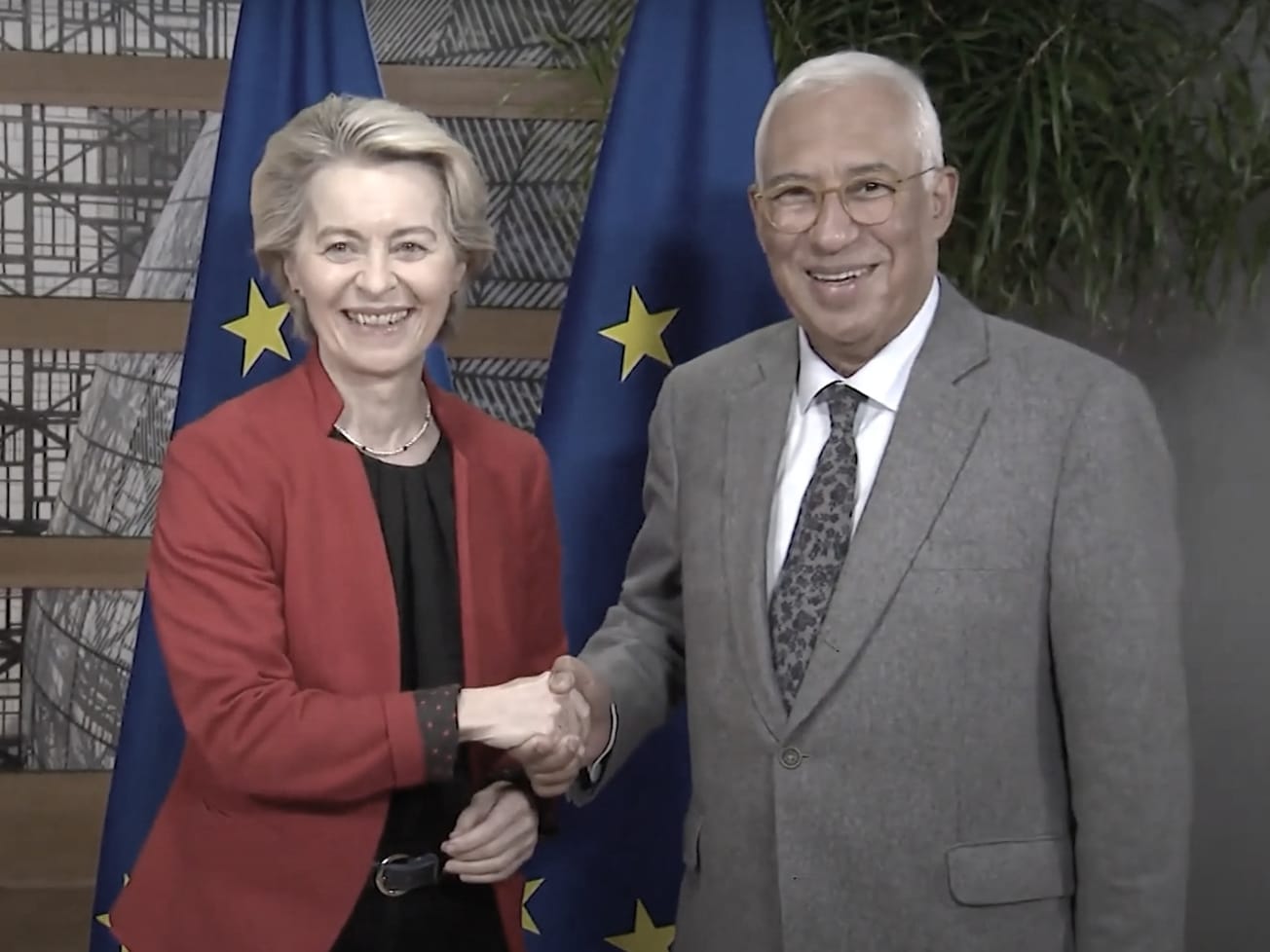European Union chief Ursula von der Leyen and other leaders strongly condemned an attack on Slovakia's Prime Minister Robert Fico that left him in grave condition from gunshot wounds.
"I strongly condemn the vile attack on Prime Minister Robert Fico," von der Leyen, president of the European Commission, said on Wednesday. "Such acts of violence have no place in our society and undermine democracy, our most precious common good."









